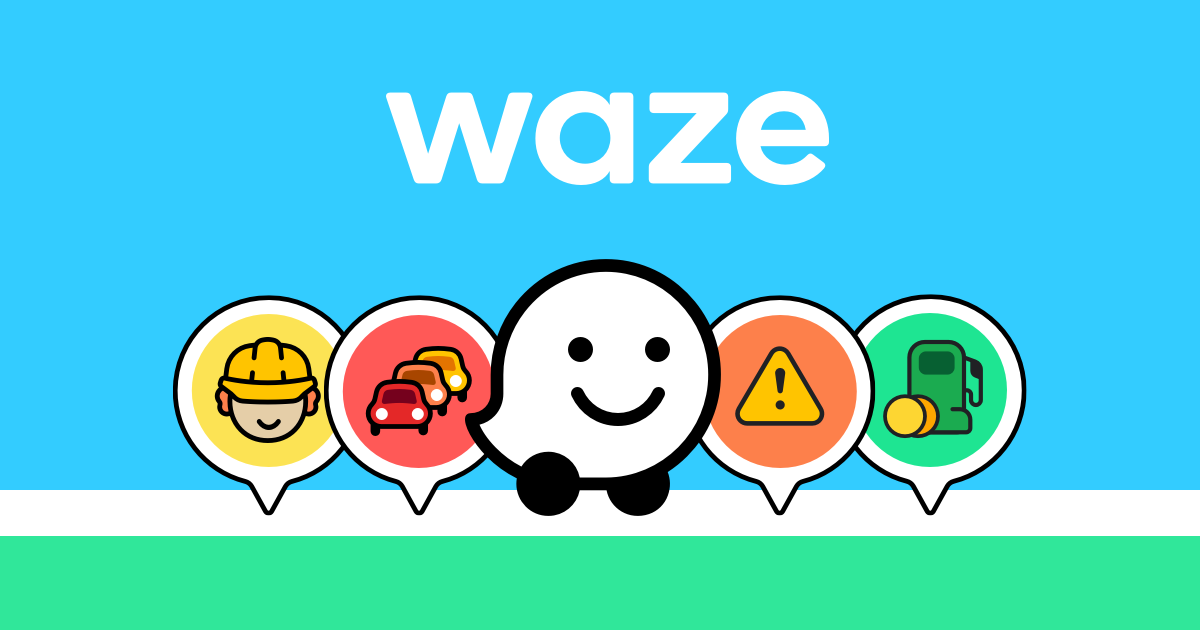Due to the COVID-19 pandemic, fewer people are commuting, which reduces the necessity for carpools. Because of this, the Google-owned Waze company has chosen to discontinue its six-year-old Carpool service, which connects passengers and motorists travelling in the same direction. This September, the company will start deactivating the function in the US, Brazil, and Israel.

The Carpool app by Waze was largely used by commuters; it offered a partner programme so that businesses may provide it as an alternate mode of transportation for employees. Drivers of Waze Carpool would be compensated (up to 54 cents per mile) for picking up individuals who lived on their way to work. Most Carpool drivers regarded it as a method to save on petrol rather than as a chance to generate extra money.
The popularity of carpools has greatly decreased due to the growth of telework and safety measures taken during the pandemic. The Washington Post highlighted that while more individuals are going back to work this year, carpooling and use of public transportation have not yet reached their pre-pandemic levels. Coordination of carpools or vanpools is more difficult as more people have hybrid work schedules or visit the workplace solely for meetings or special occasions. As a result, more individuals are taking solo commutes to work.



